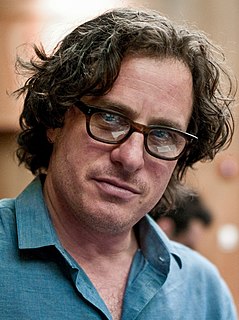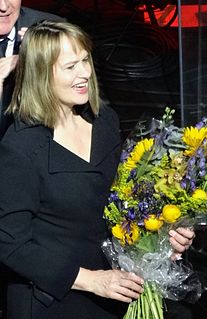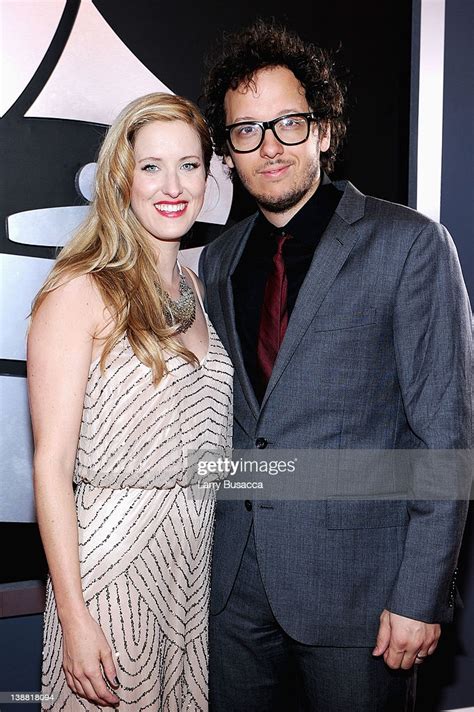A Quote by Arnold Newman
I didn't set out to do something different so much as do something that interested me. I wasn't trying to be avant-garde - that's being fashionable. You don't set out to revolutionize art, you make statements for yourself.
Quote Topics
Related Quotes
I don't know what I am on set. I can be many different things on set depending on how stressful a situation is. But at the end of the day we're making movies, we're not saving the world... we're not an army, no one's lives are at risk and we're just trying to make art, so I think as long as you keep reminding yourself that's what it's about you can have fun.
My work first engaged with the early russian avant-garde; the paintings of moholy-nagy, el lissitzky's 'prouns' and naum gabo's sculptures, but in particular with the work of kasimir malevitch - he was an early influence for me as a representative of the modern avant-garde intersection between art and design.



































